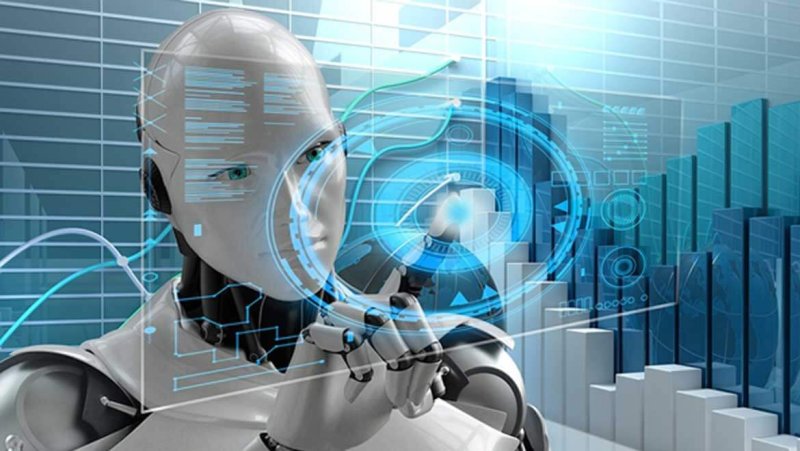The year is 2030, and artificial intelligence has changed practically everything. Is it a change for the better or has AI threatened what it means to be human, to be productive and to exercise free will?
You’ve heard the dire predictions from some of the brightest minds about AI’s impact. Tesla and SpaceX chief Elon Musk worries that AI is far more dangerous than nuclear weapons. …
But many experts, even those mindful of such risks, have a more positive outlook, especially in health-care and possibly in education.
That’s one of the takeaways from a new AI study released Monday [December 10] by the Pew Research Center and Elon University’s Imagining the Internet Center. Pew canvassed the opinions 979 experts over the summer, a group that included prominent technologists, developers, innovators and business and policy leaders.
Respondents, some of whom chose to remain anonymous, were asked to weigh in on a weighty question: “By 2030, do you think it is most likely that advancing AI and related technology systems will enhance human capacities and empower them?”
Nearly two-thirds predicted most of us will be mostly better off. But a third think otherwise, and a majority of the the experts expressed at least some concern over the long-term impact of AI on the “essential elements of being human.”
…
“There’s a quite consistent message throughout answers…that some good things would emerge and there were some problems to worry about,” says Lee Rainie, director of internet and technology research at Pew Research Center.
Read full, original post: Pew study: Artificial intelligence will mostly make us better off by 2030 but fears remain































